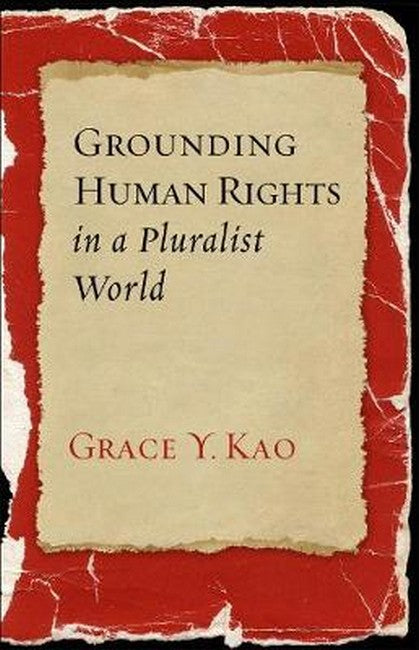Introduction 1. Prolegomena to Any Philosophical Defense of Human RightsCultural RelativismEthnocentrism 2. The Maximalist Challenge to Human Rights JustificationMaximalist Approaches in Human Rights Declarations and DocumentsWhy Human Rights Needs Religion: A Sampling of Four Theoretical AccountsA Preliminary Assessment of the Maximalist ChallengeRising to the Maximalist Challenge 3. An Enforcement-Centered Approach to Human Rights, With Special Reference to John RawlsA Primer on Rawls's Conception of Global JusticeHuman Rights in the Law of Peoples Compared to International Human Rights LawRawlsian Human Rights: An AssessmentConclusion 4. Consensus-Based Approaches to Human RightsObtaining a Cross-Cultural Consensus on Human RightsOption 1: Consensus-Producing New Universal Human Rights StandardsOption 2: Consensus-Encouraging Plural Foundations for Human RightsBeyond Shared Norms: returning to the Original Sources of Inspiration 5. The Capability Approach to Human RightsWhat Is the Capability Approach? A PrimerComparing the Capability Approach to the Human Rights FrameworkJustifying Human Capabilities and Human RightsEnhancing Human Rights through the Framework of CapabilitiesRevisiting the Question of Justification 6. Grounding Human Rights in a Pluralist WorldAssessing and Retrieving Minimalist Strategies of JustificationAssessing and Retrieving Maximalist Approaches to JustificationGrounding Human Rights in a Pluralist World by Straddling the Minimalist-Maximalist DivideConclusion References

